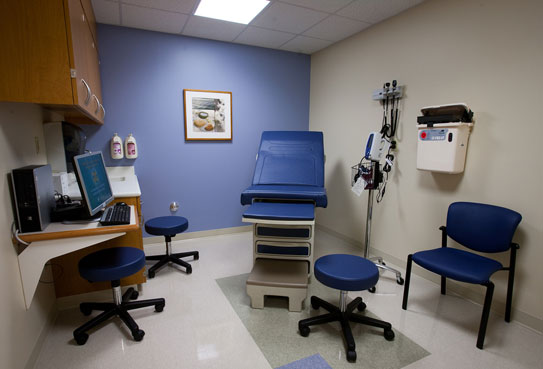 IÂ’ve noticed a trend in numerous articles, editorials and blogs lately and I think I can safely say that empathy is making a comeback. I know, I know, like LL Cool J said, it’s been here for years. But seriously, I’ve been reading about it everywhere as of late — not only in medical research, but in literature and even in advertising.
IÂ’ve noticed a trend in numerous articles, editorials and blogs lately and I think I can safely say that empathy is making a comeback. I know, I know, like LL Cool J said, it’s been here for years. But seriously, I’ve been reading about it everywhere as of late — not only in medical research, but in literature and even in advertising.
IÂ’ve been thinking about empathy a lot, particularly because, for the first time in a very long time, I was recently on the other side of the patient-caretaker relationship. My mom was thrown from her horse and broke her collarbone, 4 ribs, punctured a lung and fractured a vertebra. To say she hurt herself would be a massive understatement.
This is the woman who has nursed me through three separate surgeries and illness-related traumas — heart, lung and knee surgery — not to mention several heartbreaks. Caretaking is something she is quite adept at, being the mother of six children, and something I have certainly never taken for granted. I’ve come to rely on that care quite deeply and wouldn’t begin to know what to do if she weren’t there. With that in mind, flying home to Florida to help care for her (for much too short a time) was a no-brainer when I received word that she had been injured.
An observation I had from a mere 7 days of helping my mom in person: as a professional patient there is something to caretaking that you inherently understand with a level of empathy that is ineffable. I think this is because there are moments of almost palpable significance that resonate like nothing else: the instant you realize how incredibly sick or hurt you truly are; or how strange it feels to finally get released from the hospital after a long stay; or that first moment you are back in the real world and you realize the world hasnÂ’t stopped for anyone else; or coming home and really seeing the long road of recovery ahead of you. All of these moments are part of a journey that requires great empathy from those around you, even if they are just acknowledging that you are dealing with something very difficult (and possibly foreign to them).
Injury and trauma transform people in often-undetectable ways to those around them — I know they have for me. It’s why my number one rule in life is to always remember that you never really know what someone is going through (even if you know them well). And again, why I rarely honk my horn.
